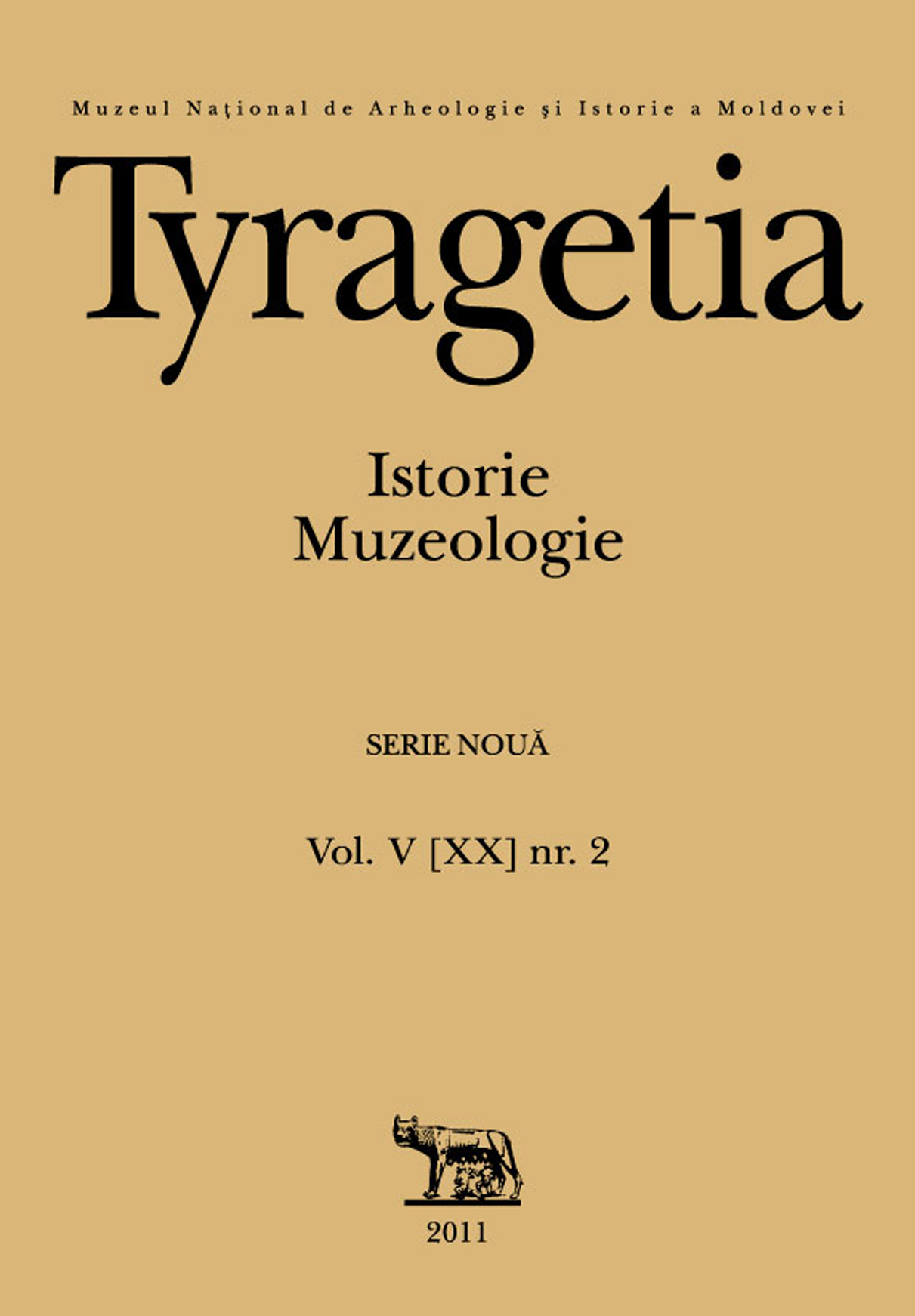Marea boierime valahă în procesul de tranziţie de la „vechiul regim agrar feudal” la „era nouă burgheză revoluţionară”. O perspectivă critică asupra concepţiei politice şi economice dezvoltată de Ştefan Zeletin
Wallachian great boyars in the process of transition from „the old agrarian feudal system” to „the new era of bourgeois revolution”. Critical review of the Stefan Zeletin’s political and economic conception
Author(s): Bogdan BucurSubject(s): History
Published by: Muzeul Naţional de Istorie a Moldovei
Keywords: Ştefan Zeletin; sociological thesis; Wallachian great boyars
Summary/Abstract: The purpose of this article is to challenge Ştefan Zeletin’s classical sociological thesis (regarding the economic and politic extinction of the great Wallachian boyar-class) which is not historically sustainable neither on economic, nor on political grounds. From an economic point of view, we argue that the great Wallachian boyar families expanded their areas of economic interest, between 1774-1866, through industrial, banking, land-leasing or commercial investments both internally, by founding market-places and fairs and internationally, by getting involved in the export of cereal and animal commodities. From a politic point of view, we only remind that between 1859-1916, forty-six percent of those who held the highest governmental dignity in the modern Romanian state – that of Prime Minister – were representatives of the twenty-three great Wallachian boyar families.
Journal: Tyragetia (Serie Nouă)
- Issue Year: V/2011
- Issue No: 2
- Page Range: 31-54
- Page Count: 24
- Language: Romanian

